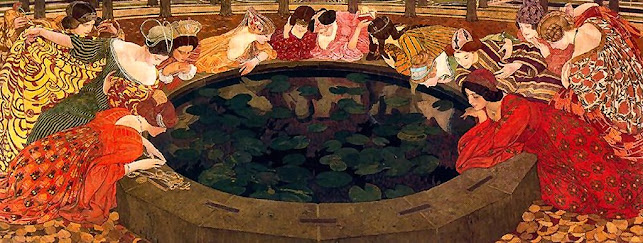Book Review: Why Liberalism Failed
I read this book as a part of a book club and I learned from it. Deneen points out many of modern society's failures, in some cases like hitting the broad side of a barn (social inequality, feelings of political powerlessness), in other cases more precisely ('strip mining' of talent from small communities, loss of local institutions and culture, a lack of connection between workers and the product of their labor). Deenen's primary claim is that Liberalism sowed the seeds of modern discord through it's commitment to individual choice at the expense of more communal goals.
Deneen's primary claim is that Liberalism as it was conceived and implemented from the 17th C. onwards redefined the Western concept of Liberty and the nature of man. In Western classical and Christian traditions, Liberty was understood to mean disciplined self-rule and freedom from oppression. Liberalism reconceptualized liberty to mean a capacity for individual voluntary choice. This was rooted in the liberal notion of 'natural man' as a totally unrestricted individual, a far cry from classical and Christian ideas of man as a part of nature, contextualized and limited by conceptions of virtue, class and relationship with God.
The rest of the book attempts to show how this Liberal idea of unrestrained individual choice has caused the unceasing expansion of economic market forces and of national governments. These institutions are necessary to formalize and protect consumer choice and individual freedoms. Deneen maintains persuasively that markets and national governments have contributed to the decline of social institutions like family, culture, religion and local communities, the atrophy of local governments, and a sense of powerlessness of the individual in the face of dominant Central governments. As individuals are 'freed' from any form of social constraint they have lost a sense of identity, and moral imperatives other than consumerism.
He talks about how both winners (meritocratic elites) and losers in the system all buy into the 'Noble Lie' that liberalism's protection of individual liberty and capitalism's distribution of economic rewards benefit the hardworking and able and also provide equality of opportunity.
The book stumbles a bit over things like sexual morality and science as Deneen seems convinced modern young people are somehow more depraved and than their forebears, particularly with regard to sexual choice and identity (a dubious, unproven assertion).
Would I recommend this book? Probably not. The contents would make for an interesting undergraduate class replete with discussion and supplementary reading, but the book itself frequently devolves into restating its own thesis again and again without adding more to digest. Deneen makes no claim to be able to solve the problems he highlights, but I frequently wondered whether the problems he highlights are specific to Liberalism. It seems that relentless expansion of government authority and market capitalism are features of most modern societies, not just Western Liberal Democracies. I don't think he sufficiently answers the (social Darwinistic?) point that perhaps strong Central governments and unfettered capitalism have simply outcompeted other forms of social organization.
Despite some interesting ideas, I can read the litany of modern societal failures on the news and I'm not sure the book provides enough explanatory power to justify it's admittedly short length.



Comments
Post a Comment